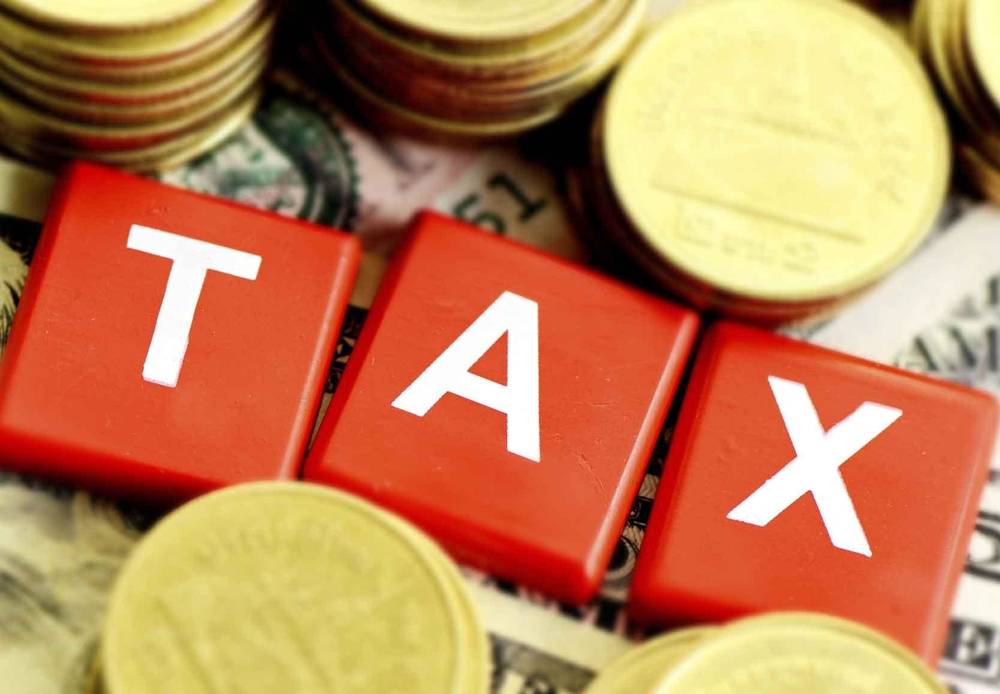 Last updated: March 20th, 2020 5:48 PM
Last updated: March 20th, 2020 5:48 PM
Types of Assessment
Assessment is the process of determination of tax. Determination of tax liability depends on a lot of deciding factors. In this article, let us explore the various types of assessment.Self Assessment
Self-assessment, as the name suggests, is the determination of tax by an individual, based on the accounts of previous records concerning taxable transactions. The registered person then goes on to file returns based on the transactions performed and the amount so calculated by him. Therefore, the entity shall execute the process within the stipulated time.Provisional Assessment
The basic requisite for determination of tax is the clarity. If the registered person finds it difficult on estimating a tax value or is confused with its rates, he may approach the proper officer, and make a request in allowing him to determine and deposit the tax on a provisional basis.Regular Assessment
This is also termed as scrutiny assessment, thanks to its way in assessing, which involves an examination of the registered person, with the help of relevant returns, documents, etc, by the concerned tax officials, in order to adjudge the credibility concerning the payments of the taxpayer. The registered person should extend his co-operation, in terms of making himself available before the tax officer for explanation and clarification on queries posed by the concerned officer, and ensuring the relevant records or documents of the taxable person. If found guilty of any evasion or the like, the taxpayer should provide with an opportunity to hear. Click here to read on GST Registration Issues – Problems & SolutionsSummary Assessment
This is almost similar to the scrutiny assessment/regular assessment. The only significant difference is that the registered person is not given an opportunity to hear. The concerned individual shall issue the tax liability in the form of an order to the liable one as determined by the officials.Best Judgement Assessment
If the process of regular assessment is not found to be conclusive, due to the non co-operation of the taxpayer, inadequate documents, or on the occasion of dissatisfaction voiced by the proper officer concerning the authenticity of records submitted by him, he may take a decision on his own accord, on the basis of records/documents available at his disposal. Click here for GST Registration or GST Return FilingPopular Post

In the digital age, the convenience of accessing important documents online has become a necessity...

The Atalji Janasnehi Kendra Project that has been launched by the Government of Karnataka...

The Indian Divorce Act governs divorce among the Christian couples in India. Divorce...

When an individual has more than a single PAN card, it may lead to that person being heavily penalised, or worse,...

Employees Provident Fund (PF) is social security and savings scheme for employee in India. Employers engaged...


